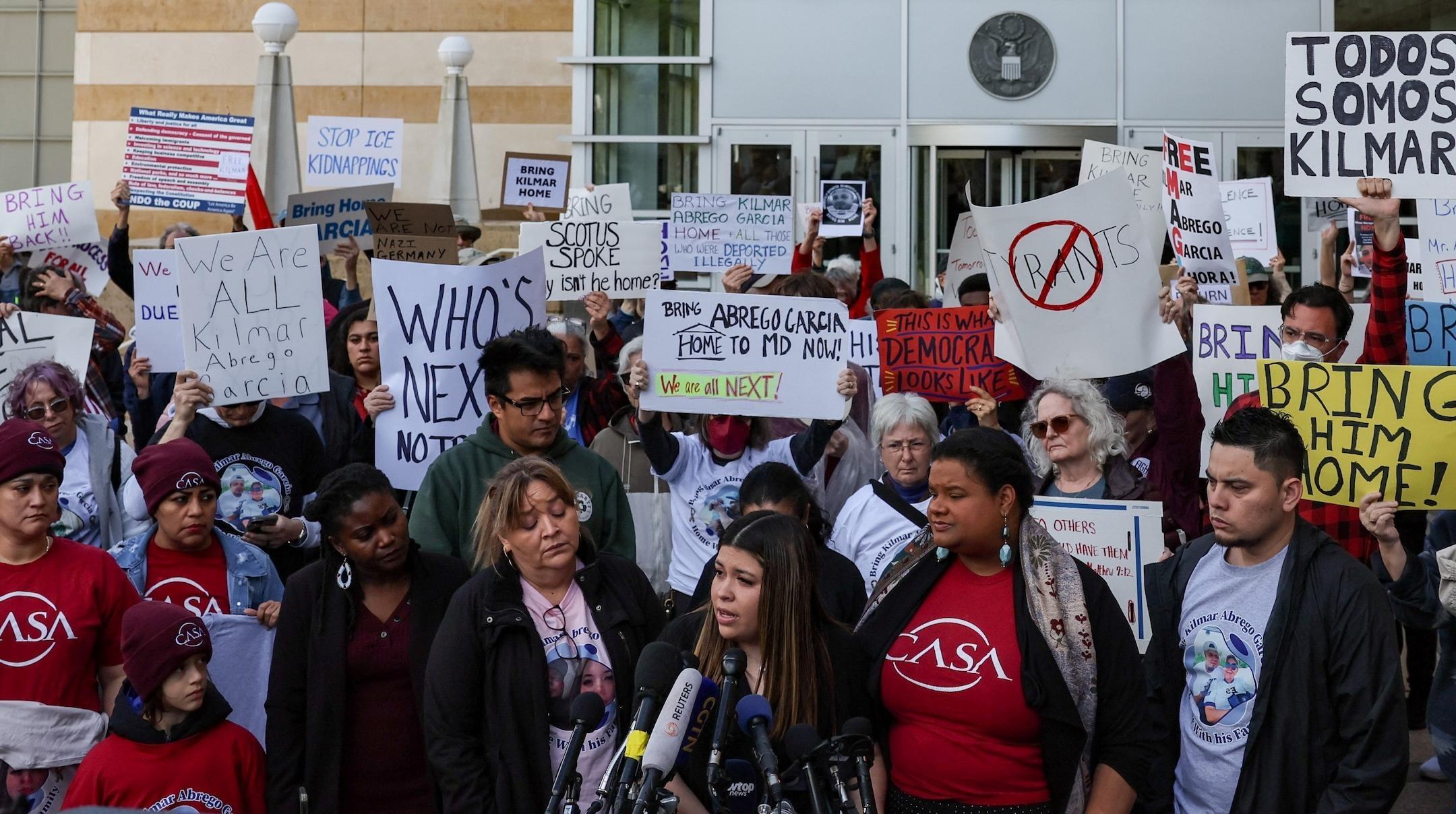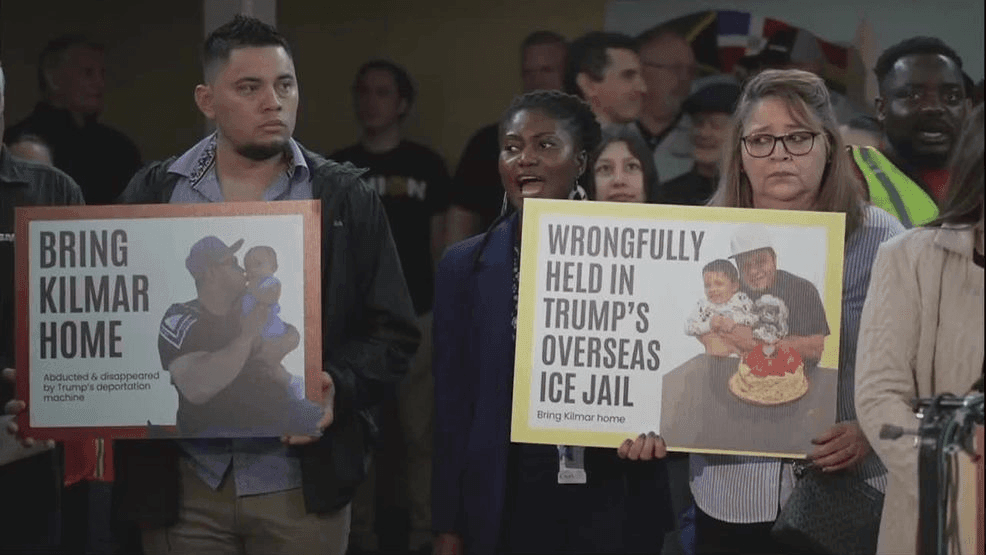Debate Intensifies Over White Community Bans: Roots of America’s Existence at Stake
The ongoing discourse surrounding the prohibition of intentional White communities has reached a fever pitch, igniting debates about America"s foundational narrative and the implications of such bans. Advocates for these communities argue that their existence is essential to understanding the very fabric of the nation, while opponents claim that these communities perpetuate division and inequality. This contentious issue raises critical questions about race, identity, and the future of American society.
Background & Context
The roots of intentional White communities in the United States can be traced back to the nation’s early formation, where settlers established homogenous enclaves as a means of preserving cultural identity and social cohesion. These communities often sought to maintain a particular way of life, influenced by shared values, traditions, and beliefs. As America evolved, the rationale behind such communities has been scrutinized, particularly in light of changing demographics and the ongoing struggle for racial equity.
Proponents of intentional White communities argue that these enclaves are not merely about race but represent a broader desire for cultural preservation and safety amidst a rapidly diversifying society. They assert that the existence of these communities is a reflection of freedom of association and expression, essential tenets of American democracy. However, critics contend that such communities foster exclusionary practices that undermine social unity and perpetuate systemic racism.
Key Developments
Recent legislative proposals aimed at banning intentional White communities have sparked intense debates across various platforms, including social media and political forums. Advocates for the ban argue that these communities serve as breeding grounds for extremist ideologies and social isolation, contributing to a fragmented society. They cite instances where such enclaves have resisted integration and perpetuated discriminatory practices, arguing that these actions are antithetical to the principles of equality and justice.
In a recent statement, an influential civil rights leader remarked, “Banning these communities is not about erasing history, but about ensuring that all individuals, regardless of their background, can coexist in a society that values diversity and inclusion.” This sentiment resonates with many who believe that intentional segregation, in any form, is a step backward in the fight for civil rights.
\n\n
Image for Debate Intensifies Over White Community Bans: Roots of America’s Existence at Stake
Broader Impact
The implications of banning intentional White communities extend beyond immediate social dynamics. Historians and sociologists suggest that this issue reflects a broader societal reckoning with race and identity in America. Some experts argue that the conversation surrounding these communities is indicative of a deeper struggle over America’s narrative—who gets to tell it and whose stories are prioritized.
Moreover, the discourse surrounding these bans intersects with other significant political themes, such as immigration, socio-economic disparities, and the role of government in regulating personal choices. As previously reported, recent developments in U.S.-Russia relations and political tensions have also influenced how communities engage with issues of identity and belonging, further complicating discussions around race and community in America.
What"s Next
As the debate evolves, legislative bodies are poised to take action, with proposed bans on intentional White communities expected to be introduced in various states. Advocates on both sides of the issue are mobilizing to influence public opinion and legislative outcomes. Community forums and town hall meetings are likely to become focal points for dialogue, as residents grapple with the implications of these potential bans on their neighborhoods and identities.
The coming months will be critical as communities navigate these challenges, with the potential for legal battles, public protests, and increased media attention. The outcome of this debate will not only shape the future of intentional White communities but will also have lasting effects on the broader conversation around race relations and community dynamics in America.

Image for Debate Intensifies Over White Community Bans: Roots of America’s Existence at Stake







![[Video] Gunfire between Iraqi security forces and Sadr militias in Baghdad](/_next/image?url=%2Fapi%2Fimage%2Fthumbnails%2Fthumbnail-1768343508874-4redb-thumbnail.jpg&w=3840&q=75)
